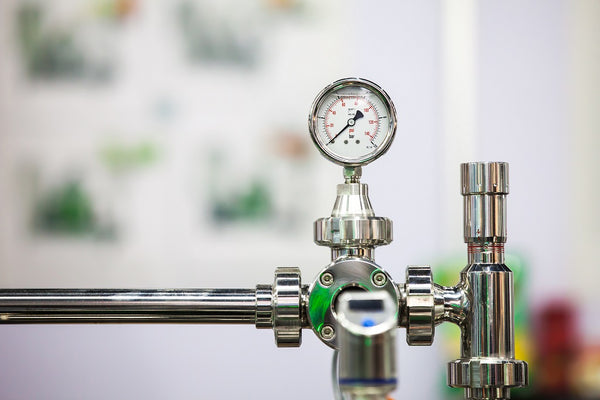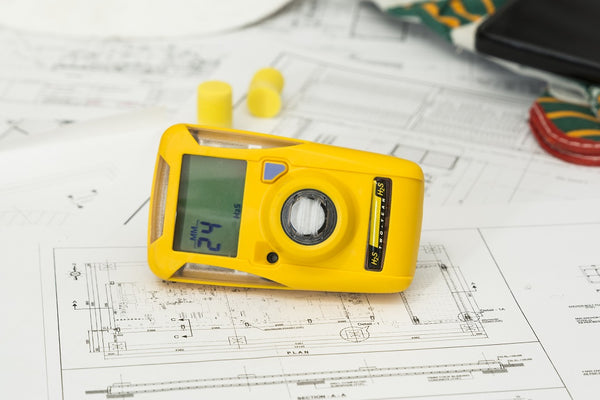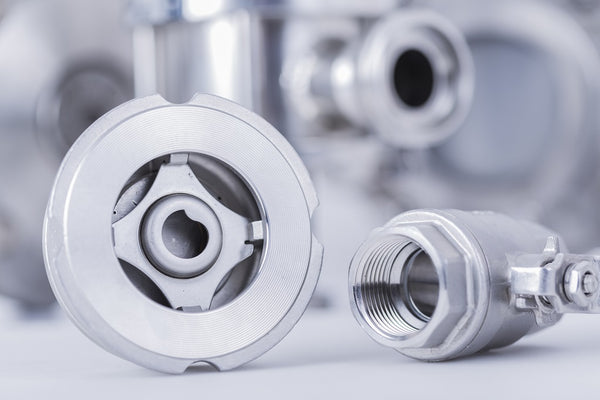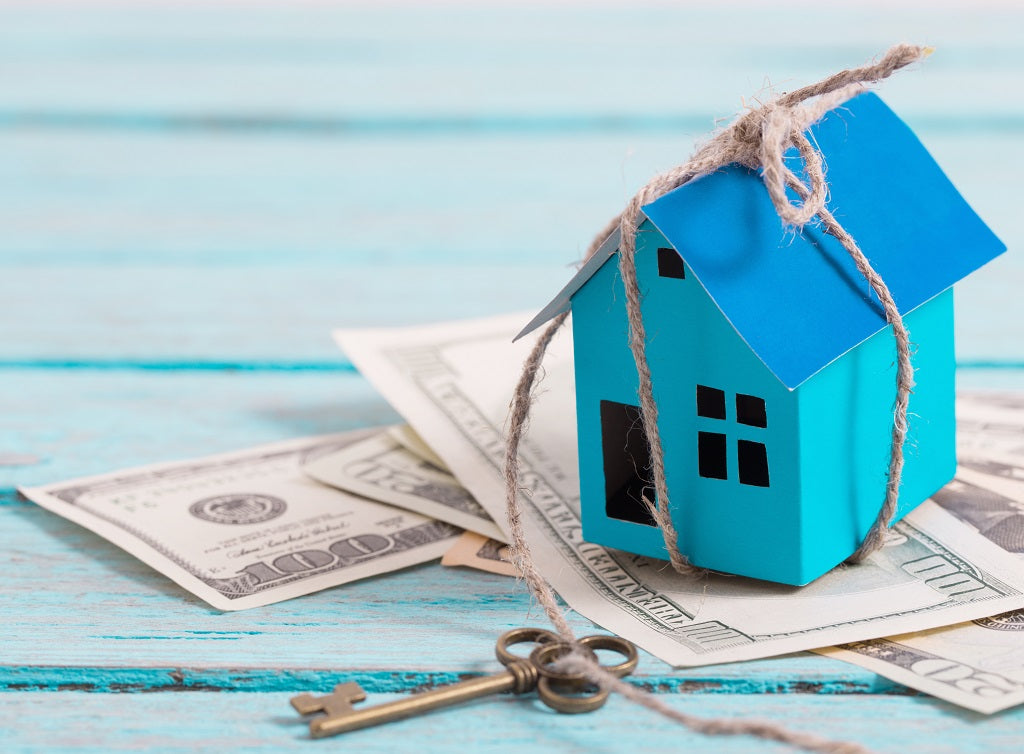
Whether you’re just looking to make some home improvements or considering putting your house on the market, boosting your home’s equity is likely a top priority.
When we think of home improvements, our minds immediately jump to fresh, new kitchens with granite countertops, renovated basements, and upgraded laundry rooms. But what about home improvement HVAC efforts? Believe it or not, HVAC investments are one of the best to make when increasing your home’s equity. Think about it - we all want to have that perfect, comfortable temperature in our homes. Well, HVAC is the key. A house without heating and cooling can be a big turnoff to prospective buyers, and with an entirely new system, you can ensure they don’t write off your home before even checking it out.
If you’re still wondering, “does new HVAC add value to home improvements,” we’ve got the stats. According to The National Association of Realtors, HVAC improvements provide a return on investment of up to 71%. So the simple answer to your question? Yes - HVAC investments are worth it.
To help you understand how to best add equity to your home with a new HVAC system, our team at Blackhawk Supply is here to break it down.
Understanding Home Equity
So, what is home equity really? Contrary to popular belief, home equity isn’t about the final sale price of your home or the property assessment. Instead, home equity is about the difference between what your home is worth versus what you owe on your mortgage.
To better understand, let’s give an example. Say you owe $200,000 on your mortgage loan, and your home is currently worth $275,000. This means you have $75,000 of equity in your home.
Now here’s where HVAC comes into play. By upgrading your home with elements like a new heating and cooling system, you can increase your home equity while simultaneously making your house more marketable, ultimately speeding up the sales process of your home. A new HVAC system has become a standard for prospective buyers, and if your home doesn’t have that improvement, it’s bound to sit on the market longer, driving up your other costs. So, it’s not just about the question of does a new HVAC increase home value, but how long a home that lacks an upgraded system will sit unpurchased.
The Benefits to Investing in Your Home’s HVAC System
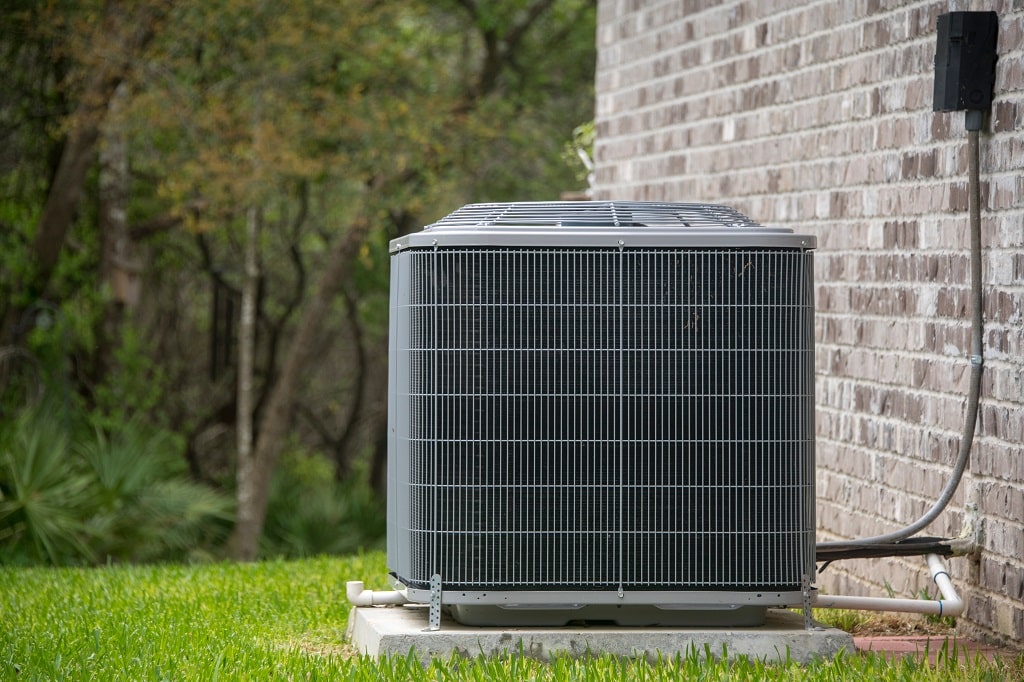
There are a lot of aesthetic elements that can make nice, initial changes for potential homebuyers. From new kitchen cabinets to shining new countertops, these sparkling additions can catch the eye of homebuyers. But something that’s critical? HVAC investments.
With a brand new HVAC system, you can ensure you don’t lose prospective buyers before they even check out your home in person. Many homebuyers won’t even look at a home if it lacks their heating and cooling needs, making the impact of HVAC on home value immense. In fact, HVAC improvements should often be prioritized over any other aesthetic changes - whether that’s paint, floors, or luxury upgrades. As we mentioned before, an upgraded HVAC system offers a return of as much as 71%, and that’s not something you want to pass up.
Ways to Add Home Equity with HVAC Upgrades
Once you understand the importance of the question “how much does a new HVAC increase home value,” there are a few ways to go about your upgrades. The added value depends on the system or network of systems you go with, and there are a number of ways to go about this.
From insulation to air ducts and central air, we are sharing all the basic HVAC upgrade options to improve your home’s system.
Basic HVAC Upgrade Options
Not sure where to begin? We have all the most common HVAC upgrades to consider for your home.
Insulation
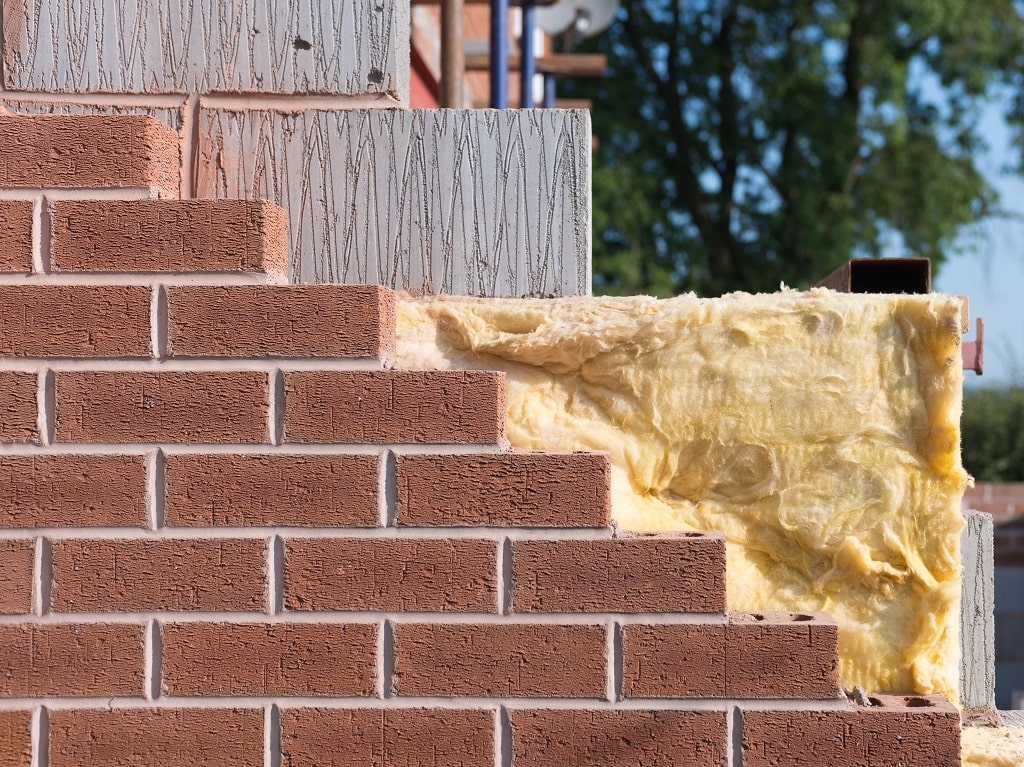
When it comes to an easy fix, insulation is the way to go. This budget-friendly improvement offers a 95%-116% return and does a great deal to regulate the temperature of your home. This actually can reduce the demand on the HVAC system, assisting it by better regulating the temperature. This is a great, additional selling point to homebuyers and one that won’t cost you too much money.
Furnace/Boiler
Another upgrade that won’t require too much extra work is replacing the furnace and boiler with a newer model. While this equipment can last many years, the older they get, the more frequently they require repairs. As you can imagine, these repairs add up fast. So, by opting to upgrade, you’re not only avoiding annoying repairs but improving the efficiency of your heating system while conserving energy - two important factors for homebuyers.
Air Ducts
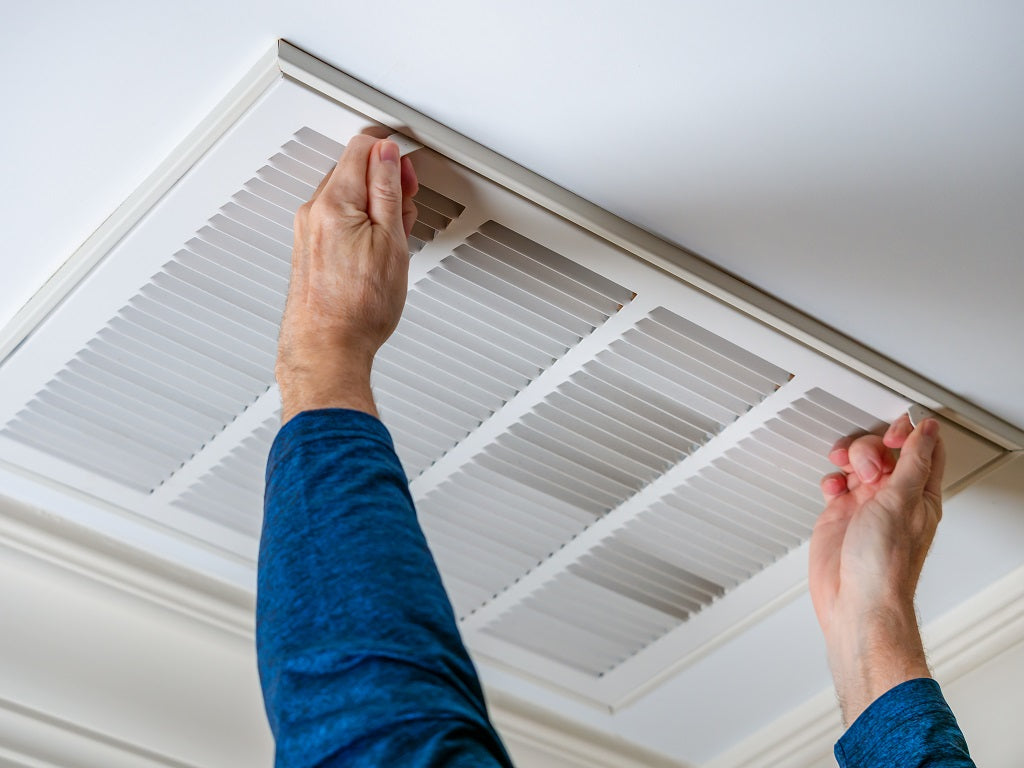
If you’re upgrading your home with a new HVAC system, you’ll likely need to take a look at the air ducts, too. While air ducts are designed to last 25 years, they begin deteriorating around the 15-year mark. This has an impact on HVAC performance as it reduces the efficiency of your new system. So, when looking at improving with new HVAC, home value improvements will only truly come with upgraded air ducts, too. This way, you can ensure you’re improving air quality in your home.
Windows
While insulated walls are important, they will only be as beneficial as the efficiency of the windows. Around 35% of your home’s heat gets out through low-quality windows, leaving much of your insulation and HVAC upgrades in vain. To avoid this, upgrade windows to double or triple-pane vinyl-insulated windows. This will not only ensure you keep your home at the proper temperature but energy-efficient windows are actually ranked as one of the most-wanted features by prospective homebuyers - all the more reason to make the switch.
Roof
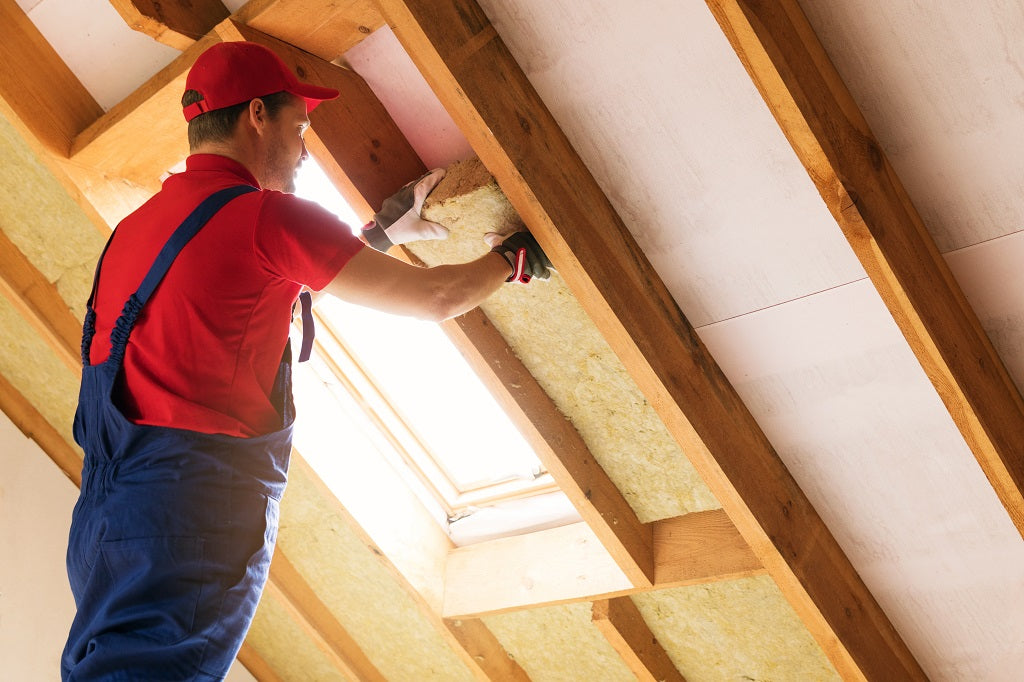
The roof doesn’t just protect your house below but helps act as an insulator, too. An inefficient roof can actually be the culprit of 25% of heat loss, making it an important aspect to maintain and upgrade when replacing HVAC to increase home value. With new shingles, you can help alleviate some of the strain on your new HVAC system. Yes, this may be a bigger investment than some of the other improvements, but a new roof on its own is already a big selling point to homebuyers, and with the added HVAC benefits, you’re sure to have a return on investment.
Central Air
In this day and age, there’s no reason for one room to be colder or warmer than the other. Homebuyers are looking for a comfortable temperature in every room - from the kitchen to the bedroom - and a great central air system is the answer. Central air systems can cost anywhere from $6,000 to $15,000, and while this is certainly a big feat, it increases your home value by up to 10%. Do the math based on your home to see if it’s worth the investment, but we can guarantee this is a feature buyers are looking for.
Doors and Weather Stripping
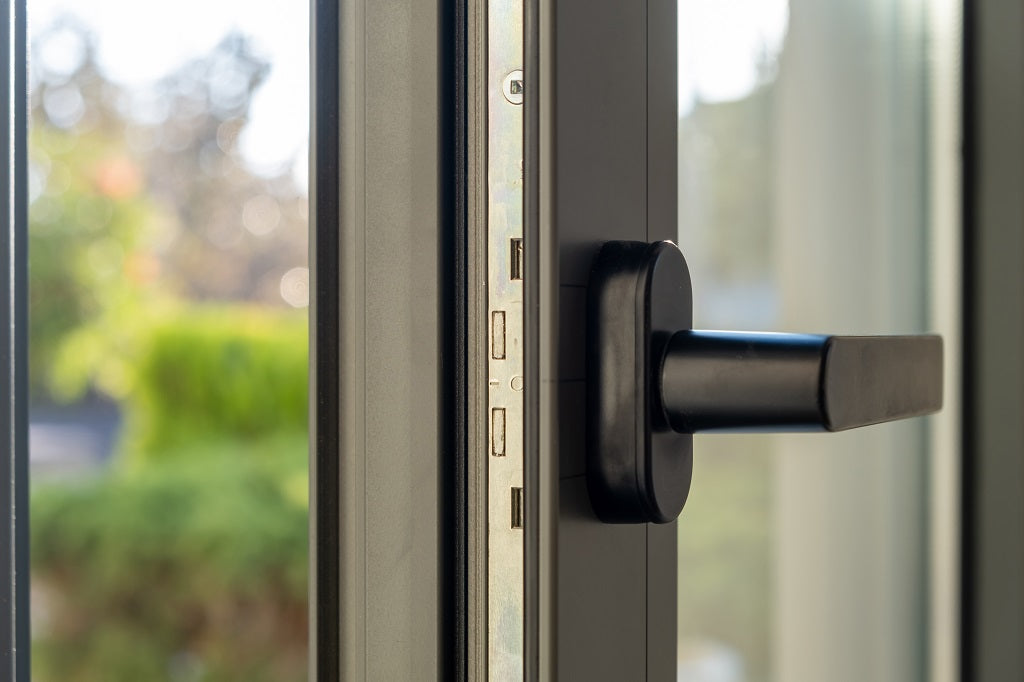
Our last way to boost your HVAC efficiency is with energy-efficient doors, as well as repairs to any weather stripping. Our go-to, energy-efficient materials are steel, fiberglass, and vinyl, and with these door replacements, you can see a return of anywhere from 75% to 91% once you sell. Plus, new doors have great curb appeal.
Additionally, take a look at weather stripping. This will help seal your new doors, further preventing unwanted air leaks for a well-insulated home.
Luxury HVAC Renovation Options
Want to take your renovations up a notch for a premium HVAC system? Here are some of the latest and greatest solutions.
Variable Refrigerant Flow (VRF)
Particularly in luxury homes, variable refrigerant flow (VRF) systems are the gold standard. Not only are these systems quiet, but environmentally friendly as they are highly efficient. With a VRF system, a unit is installed in every room so that those that aren’t being used aren’t wasting energy. This is a must-have for the eco-conscious buyer.
Smart Thermostat
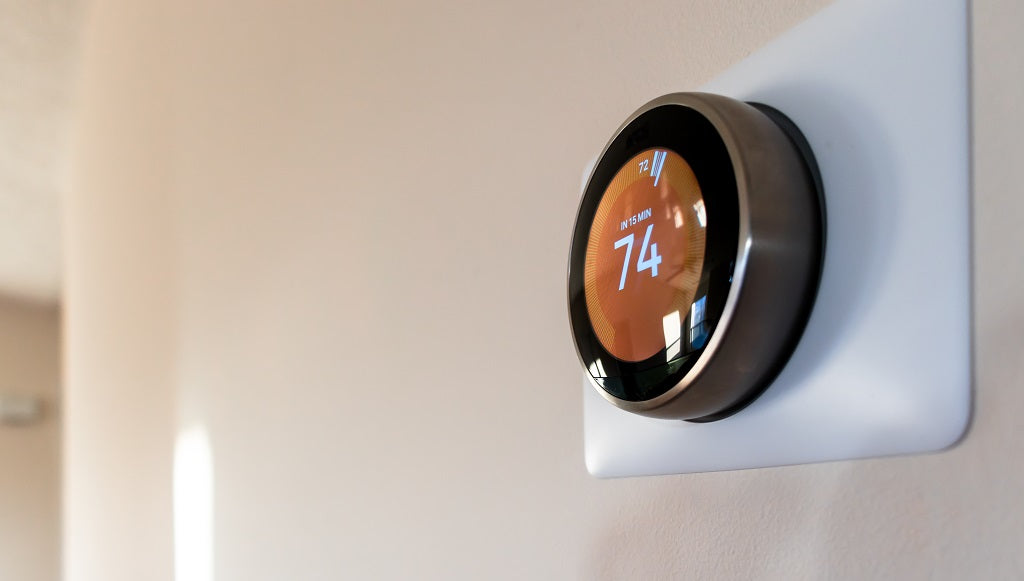
Smart thermostats are one of the top three most wanted home technologies by homeowners and buyers - and for a good reason. With a smart thermostat, you can control energy consumption and temperatures in your home, all from your smart device. This addition only costs around $150 to $400+, depending on the device you choose, but it can add a high-tech selling point to your home.
Whole-Home Dehumidifiers
To help control humidity in the home for a more comfortable environment, integrate whole-home humidifiers with your HVAC system. With this addition, you can help keep air quality consistent - a big selling point for more humid climates. Whole-home humidifiers can range from $1,300 to $2,800 but are an impressive bonus for buyers.
What to Keep in Mind When Upgrading Your HVAC System
Before committing to fully replacing your HVAC system, we want to be sure that with a new HVAC, your home value will truly increase. With this in mind, let’s go over a few things to consider before taking the plunge with a new system.
Is your current HVAC system still working well?
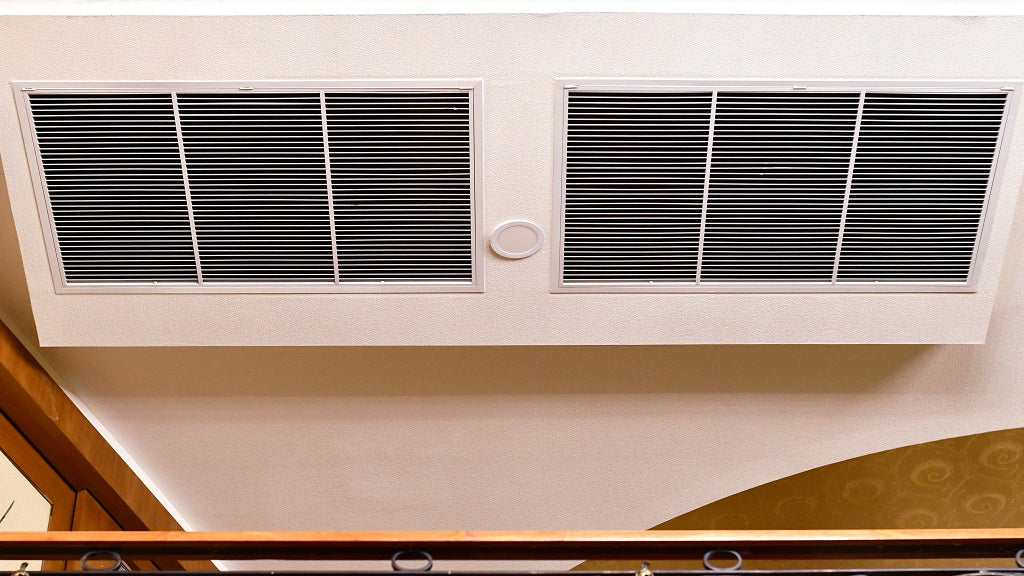
It’s common for prospective buyers to ask how old your current HVAC system is, so you need to consider your answer in advance. Typically, if the system is less than 10 years old, it will still be in pretty good shape, and a newer upgrade won’t make a significant difference unless the system isn’t running properly. However, if your system is over 15 years old, buyers may get weary. If this is the case, it is time to consider a new HVAC to increase home value.
Can you opt to repair instead of replacing your HVAC?
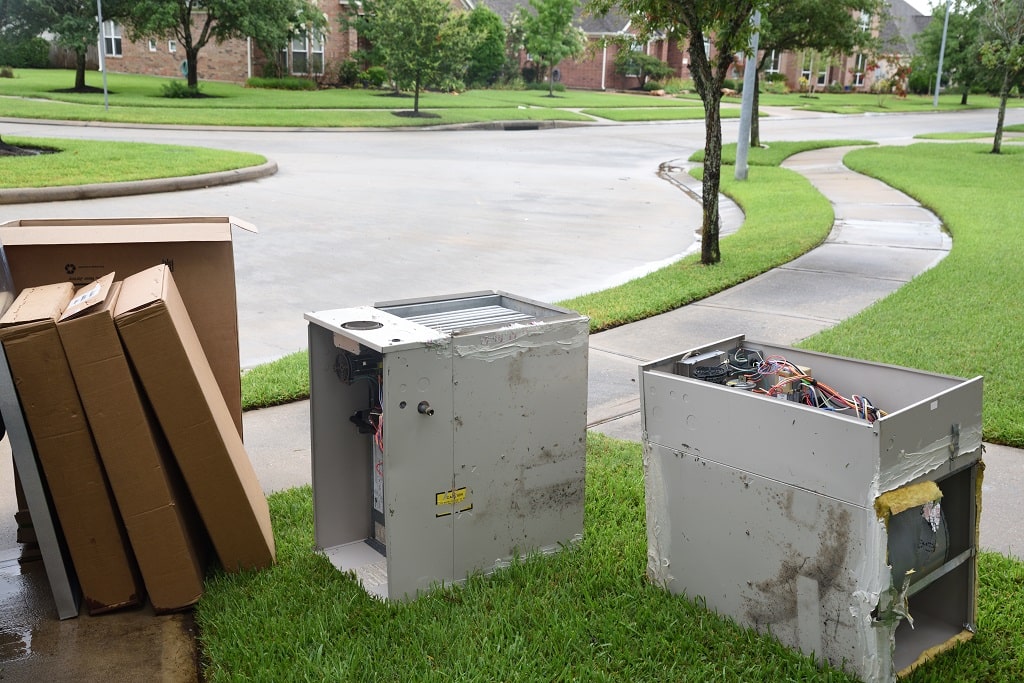
Similar to the standards before, if your HVAC is under 10 years old but has a few minor concerns, you may be able to simply repair it as opposed to replacing it - saving you a lot of money while still ensuring the system is running properly. To determine if it’s more cost-efficient to repair or replace, multiply the age of your existing system by the cost of the repair. If the number you get is under $5,000, you’re better off repairing.
Does the climate you live in require heating and/or cooling?
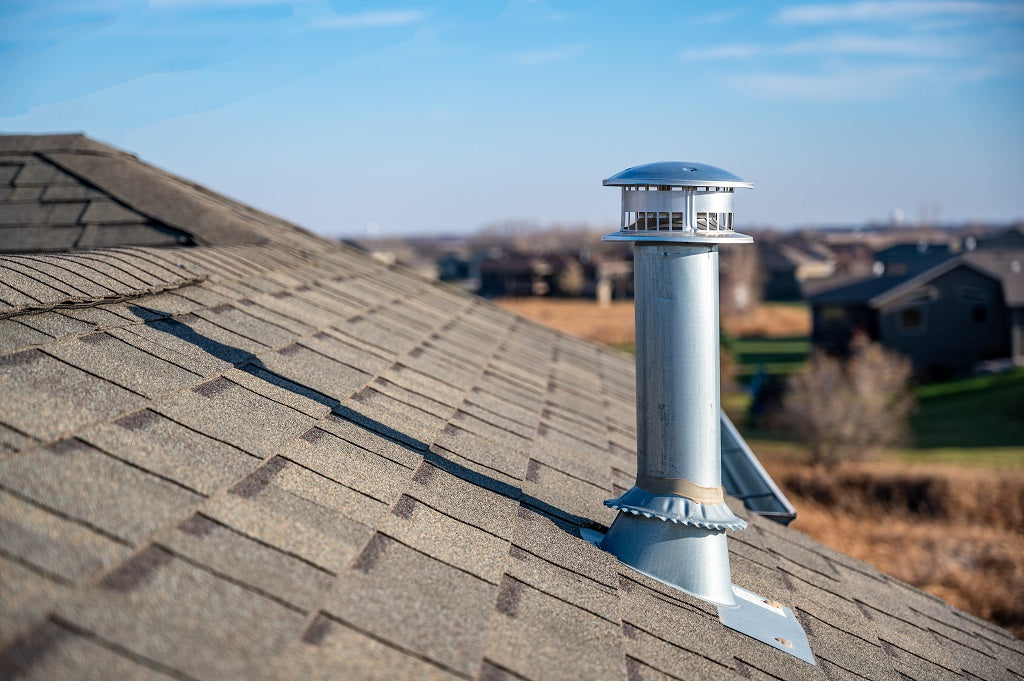
There are some geographical locations that offer more mild conditions, making the need for heating and cooling systems less necessary. If it isn’t essential to the climate, a new HVAC system won’t really increase your home’s value. On the other hand, if you do live in a harsher climate that gets extra hot or super cold, a new HVAC system is sure to make your home sell quicker.
Do you already have energy-efficient HVAC units?
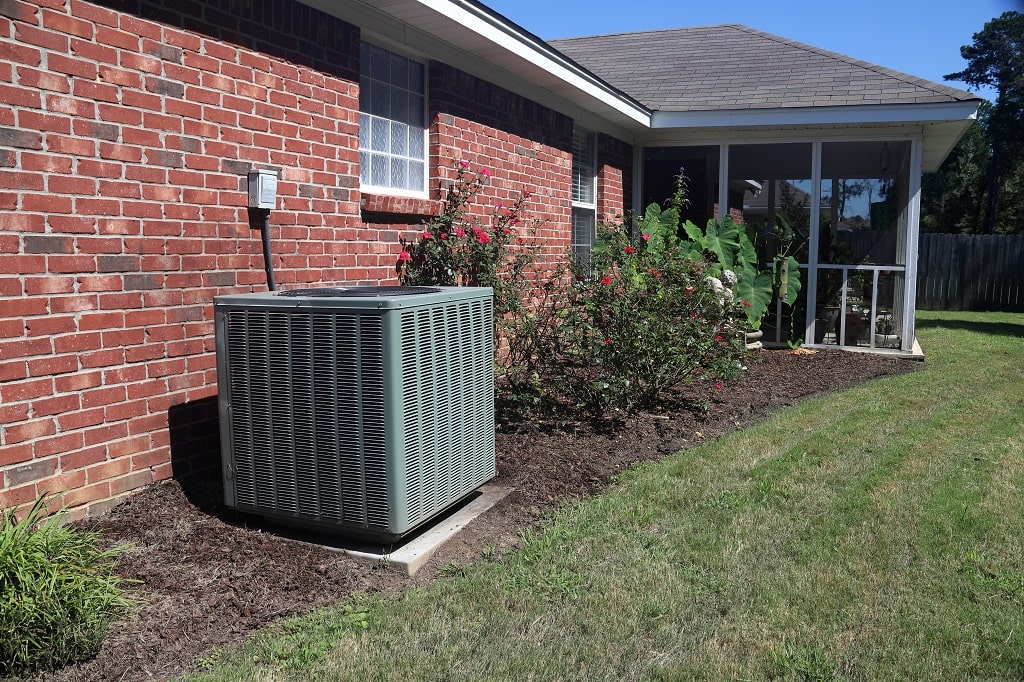
Homes that are labeled as energy efficient are growing in popularity with home buyers. So, if you’re wondering, “is a new HVAC a good home investment?” if you’re talking about an energy-efficient one, it certainly is. To stand out from other homes on the market and increase the resale value of your home, energy-efficient HVAC investments are the way to go. In fact, these homes will likely see a 5% to 8% higher sale value while offering minimized energy waste.
Conclusion
So, how much equity does HVAC add? This depends on your home and the current system you have. Ultimately, not every HVAC system needs to be upgraded to increase the value of your home. As we shared, if your heating and cooling system is less than 10 years old and in top-notch shape, you’re good to go. However, if your system is older or you live in an area with buyers looking for high-end, energy-efficient solutions, opting for a newer system can have a bigger impact on your value.
To find the products you need to replace or improve your HVAC system, check out Blackhawk Supply for all the latest and greatest HVAC products. We have everything you need to ensure your heating and cooling system runs smoothly and appeals to the competitive home market.
